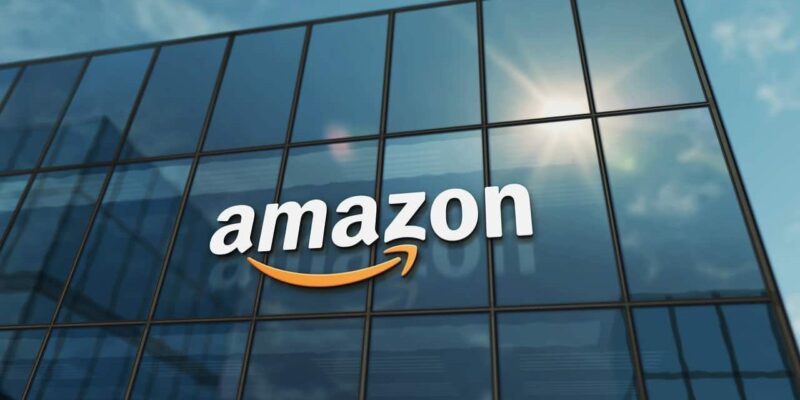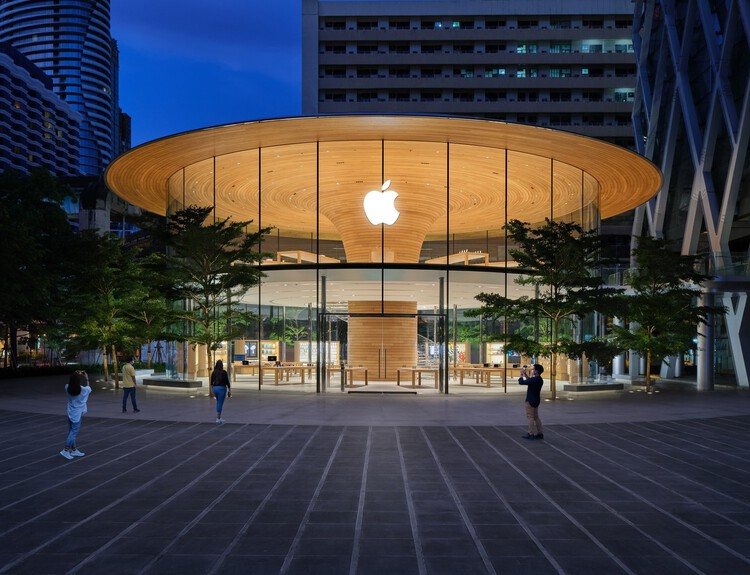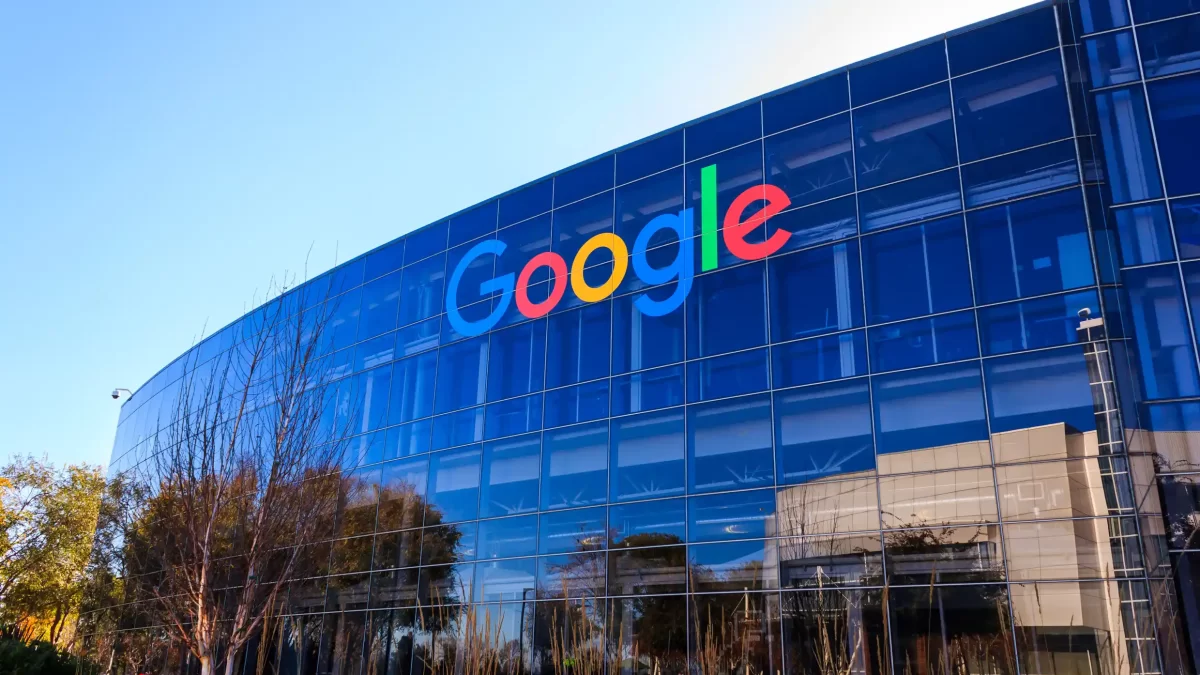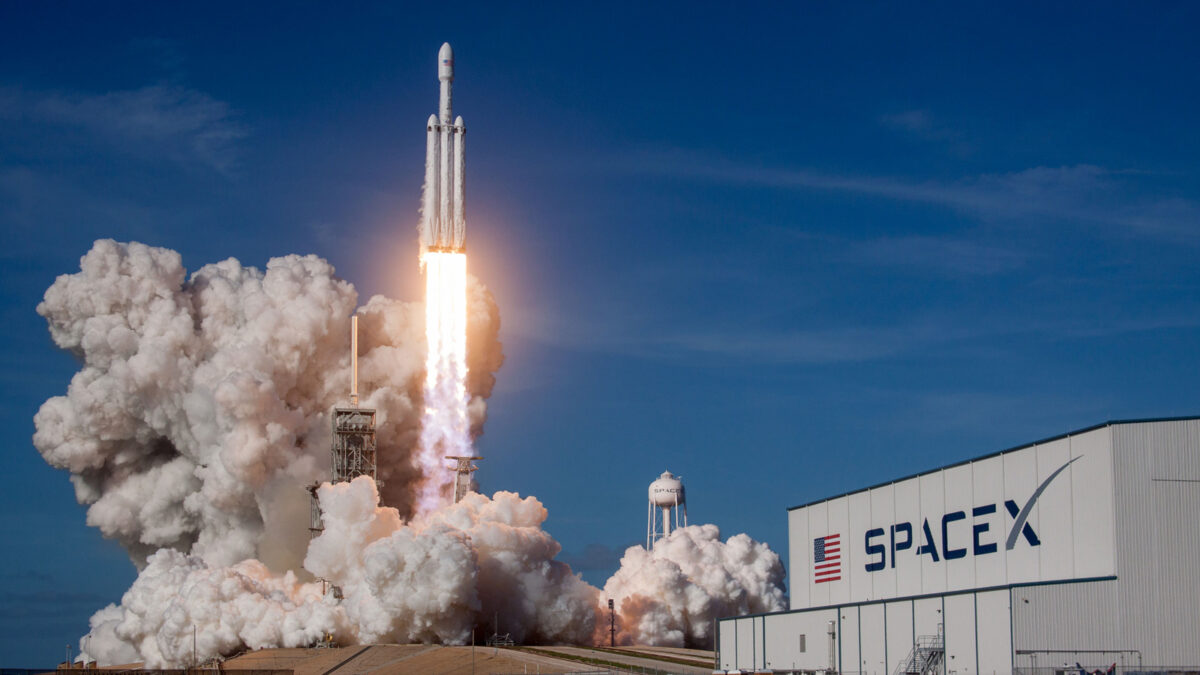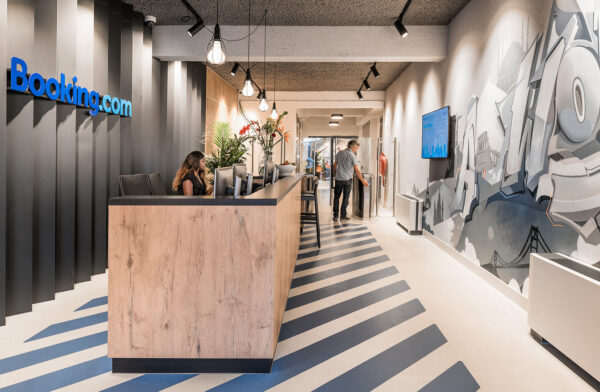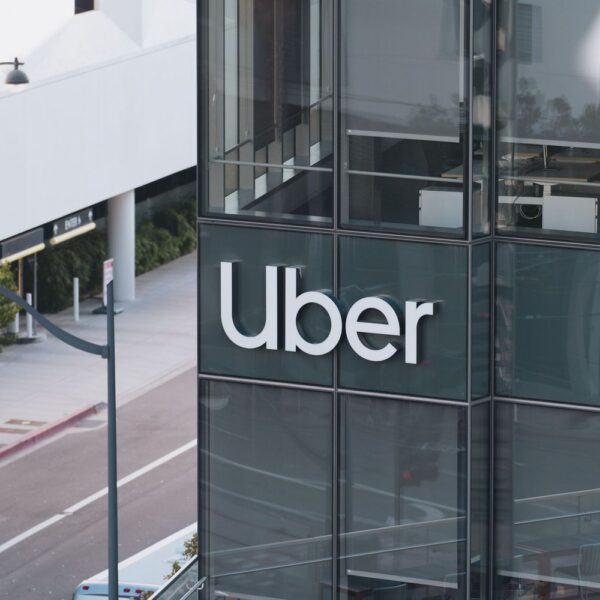Amazon: From a Garage Startup to the World’s Largest Marketplace By Texas Startup Insider
In 1994, a young entrepreneur named Jeff Bezos left a lucrative career on Wall Street to pursue a dream sparked by the rapid growth of the internet. His idea was simple yet revolutionary: an online bookstore that could leverage technology to provide greater selection and convenience than any physical store ever could.
This daring leap gave birth to Amazon, now one of the most influential companies in history, reshaping how the world shops, reads, and consumes entertainment.
Humble Beginnings in a Garage
The story of Amazon began in Bezos’s garage in Bellevue, Washington. Armed with a $300,000 investment from his parents and an unshakable belief in the potential of e-commerce, Bezos launched Amazon.com in 1995.
Books were chosen as the first product category because they were universally popular, easy to ship, and didn’t require customers to inspect them before purchasing. Within the first month, Amazon sold books to customers in all 50 U.S. states and 45 countries.
A Customer-Centric Mission
From the outset, Bezos emphasized a customer-first philosophy. He envisioned Amazon not just as a retailer but as a platform that could anticipate and fulfill customer needs. The mantra was clear: “Focus on the customer, and all else will follow.”
This approach led to innovations like personalized recommendations, customer reviews, and an easy-to-use interface that set Amazon apart from competitors.
Expanding the Vision
In 1997, Amazon went public, raising $54 million in its IPO. The additional capital allowed the company to expand beyond books, gradually adding categories like music, electronics, toys, and more.
By the early 2000s, Amazon introduced two pivotal initiatives:
Amazon Marketplace: A platform where third-party sellers could list their products, dramatically increasing selection and fostering a global marketplace.
Amazon Prime: Launched in 2005, this membership program offered free two-day shipping and later expanded to include video streaming, cloud storage, and more. Prime became a cornerstone of Amazon’s growth, creating a loyal customer base.
A Technology Powerhouse
While many view Amazon as a retailer, its success is deeply rooted in technology. Bezos’s long-term investments in infrastructure, data, and AI have paid off in groundbreaking ways:
Amazon Web Services (AWS): Launched in 2006, AWS transformed the tech industry by providing scalable cloud computing services. Today, AWS is a massive revenue driver, powering startups, enterprises, and governments worldwide.
Alexa and Echo: Amazon’s foray into voice technology has positioned it as a leader in smart home innovation.
Challenges and Resilience
Amazon’s rapid ascent hasn’t been without controversy. The company has faced criticism over labor practices, antitrust concerns, and its environmental impact.
Despite these challenges, Amazon has shown remarkable resilience. The company adapted during the COVID-19 pandemic, scaling operations to meet skyrocketing demand while introducing new services like grocery delivery through Amazon Fresh.
Texas and Amazon: A Powerful Partnership
Texas has played a crucial role in Amazon’s success. With its central location, skilled workforce, and thriving economy, the Lone Star State is home to several Amazon fulfillment centers, corporate offices, and data facilities.
Amazon’s investments in Texas include:
Creating tens of thousands of jobs in logistics, tech, and retail.
Supporting small businesses through its Marketplace platform.
Collaborating with universities and startups on tech innovation.
Texas startups can draw inspiration from Amazon’s ability to scale while staying customer-focused.
Lessons for Texas Entrepreneurs
Amazon’s story offers valuable takeaways for startups in Texas:
Think Big, Start Small: Bezos started with books but always envisioned Amazon as “the everything store.”
Customer Obsession: Make decisions based on what’s best for your customers, not just your bottom line.
Long-Term Vision: Bezos famously ignored short-term profits, reinvesting in innovation and infrastructure.
The Future of Amazon
As of 2024, Amazon continues to push boundaries with innovations in AI, autonomous delivery, and renewable energy. Bezos’s legacy of relentless experimentation and risk-taking ensures that Amazon will remain a global leader for years to come.
For Texas startups, Amazon serves as a reminder that great ideas, combined with bold execution, can change the world.
What's your reaction?
Excited
0
Happy
0
In Love
0
Not Sure
0
Silly
0

